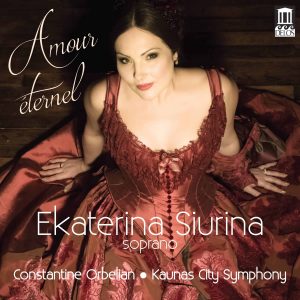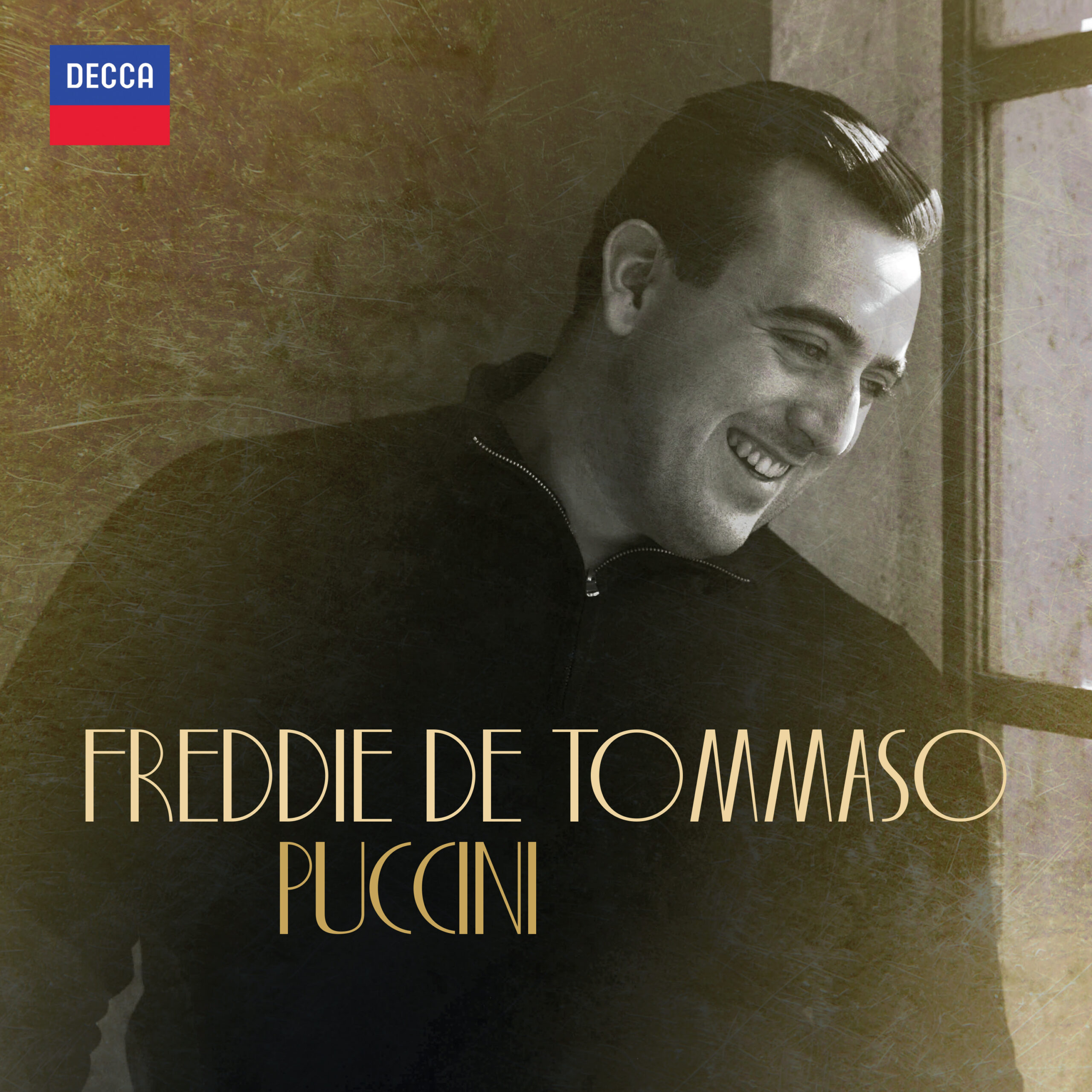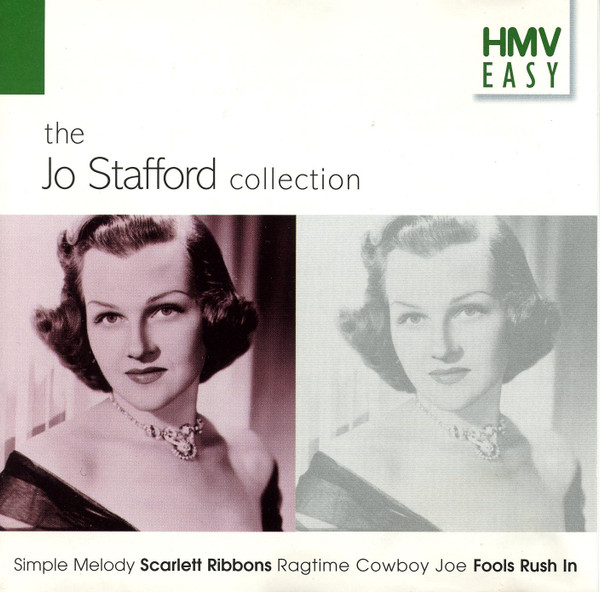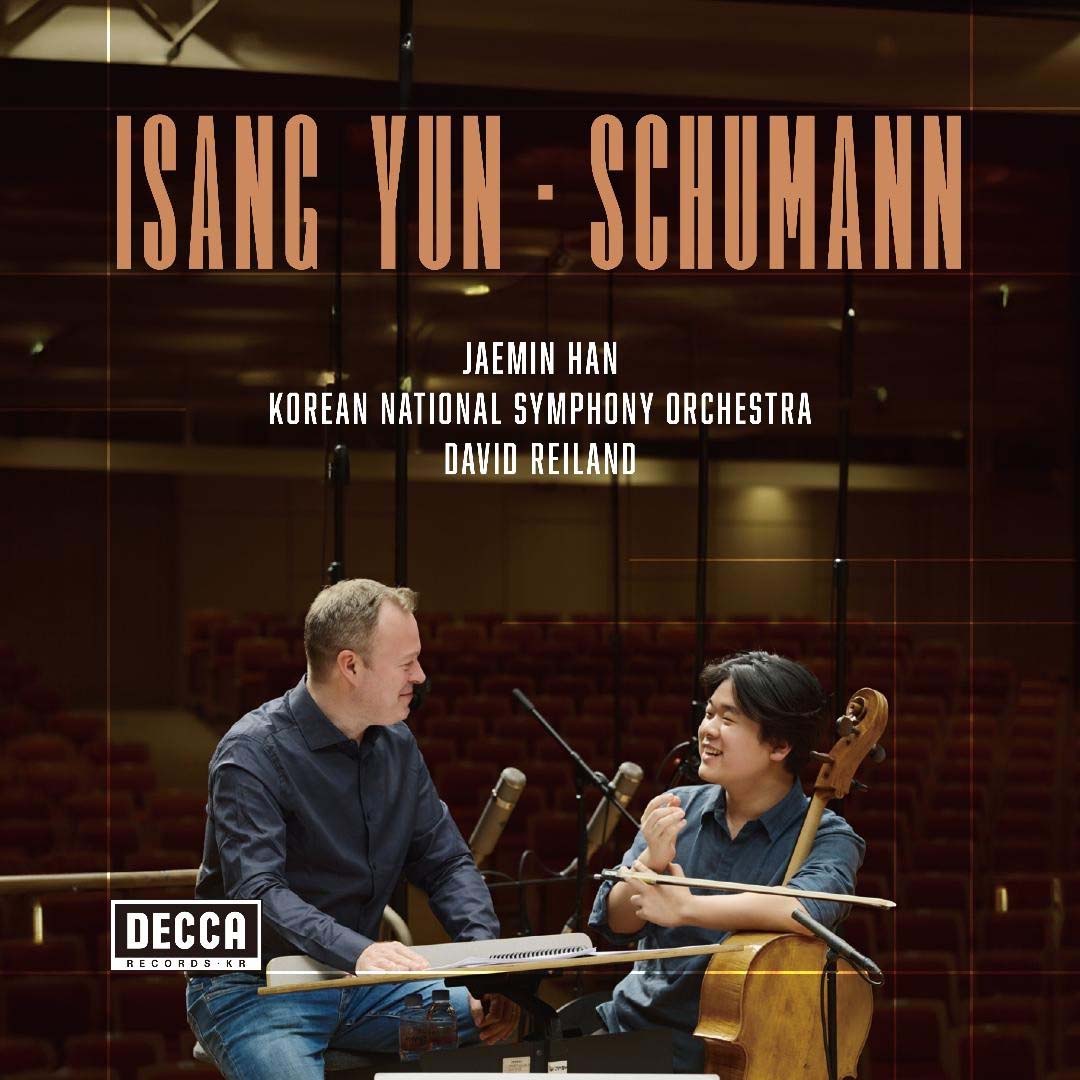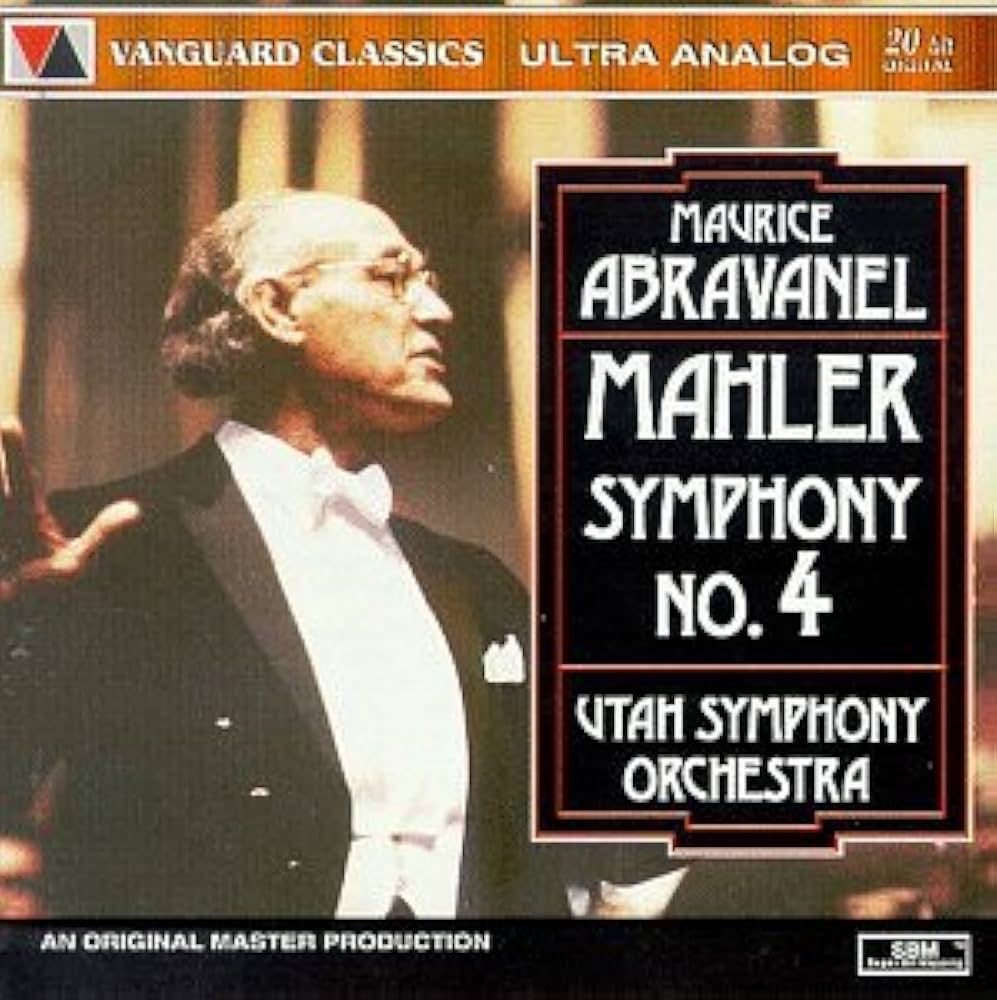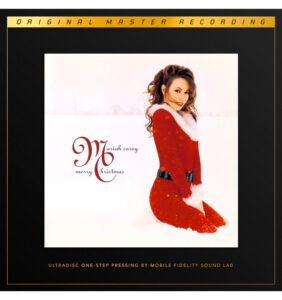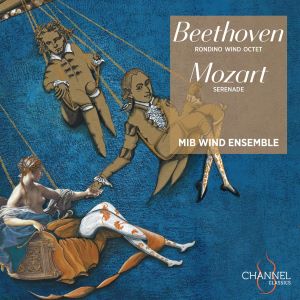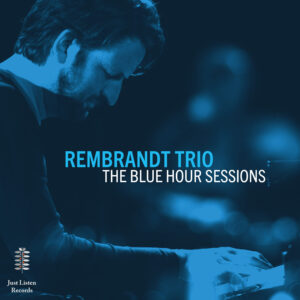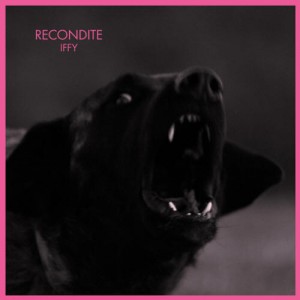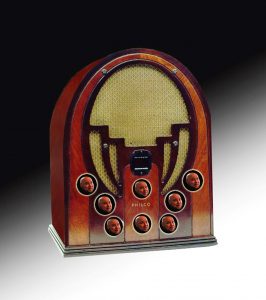Amour Éternel, Ekaterina Siurina, soprano; Kaunas City Symphony Orchestra/ Constantine Orbelian. Delos DE 3583. TT: 76.11
CARPENTIER: Louise: Depuis le jour. GOUNOD: Roméo et Juliette: Je veux vivre; Va! Je t'ai pardonné...Roméo! Qu'as-tu donc? (with Charles Castronovo, tenor); Faust: O Dieu! que de bijoux...Ah! je ris (Jewel Song). BIZET: Les pêcheurs de perles: Me voilà seule dans la nuit; Carmen: Je dis que rien ne m'épouvante. PUCCINI: La bohème: Sì. Mi chiamano Mimi; O soave fanciulla (with Charles Castronovo, tenor); Donde lieta uscì; La Rondine: Chi il bel sogno di Doretta; Turandot: Signore, ascolta; Tu, che di gel sei cinta. VERDI: Otello: O salce, salce (Willow Song; with Rita Preiksaite, mezzo-soprano); Ave Maria.
Downloads: amazon.com (MP3); daddykool.com (MP3); eclassical.com (MP3, FLAC); highresaudio.com ("FLAC 96"); prestoclassical.com (MP3, FLAC, hi-res FLAC); qobuz.com ("Hi-Res"); zone-telechargement-albums.com
I wanted to like this album, and this singer, better than I did.
Ekaterina Siurina's silvery leggiero soprano is equivocally lyric in its working range and coloratura in its brilliance, but it doesn't work quite as well as it should. Generally, her high notes are bright and clear when she can attack them head-on, as in the floaty Pearl Fishers aria, although the A-sharp that caps the Otello scene is a bit of a lunge. But top notes approached directly from below are variously effortful, making Depuis le jour, which unfortunately opens the program, a particular chore. Siurina does move through the top easily, as in Juliet's Waltz; earlier on, however, she sits heavily on the grace notes. Both this aria and the Jewel Song miss the needed "spoken" lightness.
Siurina's instrument also seems light for some of this repertoire. She lacks presence in the Roméo duet(s), in which Juliette has the (relatively) lower part. Lyric Desdemonas do exist, but they usually muster a fuller midrange and more tonal variety than this. Liù should have been a perfect fit, and it almost is, but in Tu, che di gel sei cinta, the singer's working the ending hard. She comes off best in Micaëla's aria and, perhaps unexpectedly, in the Bohème and Rondine scenes—she lets fly with exciting high notes at the climax of Donde lieta. One mild drawback, however: you can barely understand a word she's singing.
Charles Castronovo is a luxury "assisting artist," clear and direct in O soave fanciulla, while Roméo represents his darker, throatier mode. In the Otello scene, Rita Preiksaite is strong in Emilia's few lines.
A too-hasty glance left me wondering that Delos's resident conductor, Constantine Orbelian, should have taken up residence in Kansas City. No, no, Steve, put your glasses on—it's Kaunas, the second-largest city in Lithuania. (Since Orbelian is an American of Armenian and Russian heritage— thank you, Wikipedia—this makes for quite the international mix.) Its orchestra plays well, with the brass choir and the colorful, sensitive woodwinds providing a solid core for the tuttis. The divisi strings in the Roméo duet sing vibrantly; elsewhere, they can sound understaffed, or "speak" slightly late, but their playing is true, bringing out the interplay of parts in the Jewel Song. The duetting horns in the Pêcheurs aria are very diffuse. Orbelian maintains flowing tempos. avoiding longueurs in the Otello's long introduction; the "terraced" accelerations of Depuis les jour, on the other hand, are restrained and natural-sounding.
The booklet offers texts and translations, but they aren't aligned left-and-right: the English translations follow the originals. If you're seeking out downloads beyond the suggestions noted, be careful: there are several different albums entitled Amour éternel!
stevedisque.wordpress.com/blog




